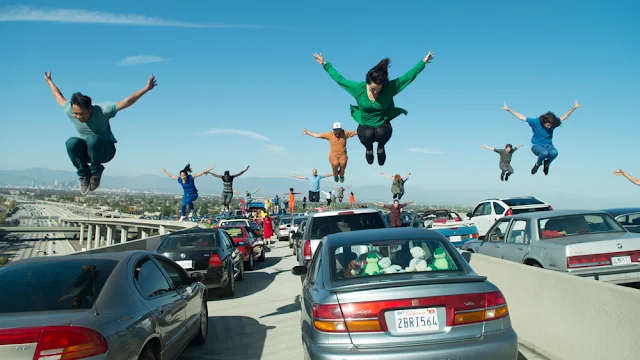 |
| Zaide Silvia Gutiérrez in El Norte |
Rosa Xuncax: Zaide Silvia Gutiérrez
Arturo Xuncax: Ernesto Gómez Cruz
Lupe Xuncax: Alicia del Lago
Nacha: Lupe Ontiveros
Monte Bravo: Trinidad Silva
Jorge: Enrique Castillo
Carlos: Tony Plana
Alice Harper: Diane Cary
Jaime: Mike Gomez
Raimundo: Abel Franco
Director: Gregory Nava
Screenplay: Gregory Nava, Anna Thomas
Cinematography: James Glennon
Art direction: David Wasco
Film editing: Betsy Blankett Milicevic
Thirty-five years have passed since the release of El Norte, and the problems it depicts seem as intractable as ever, adding the poignancy of ongoing history to the film's bleak ending. As a document of the tragedy wrought by colonialism and the muddle of U.S. immigration policy, Gregory Nava's film is an essential one. Regarded as a work of narrative filmmaking, it has some deep flaws, particularly in the resort to overly "cinematic" devices like suspense. The intercutting between the plane departing for Chicago and Rosa's hospital room feels like textbook filmmaking, making the audience hold its breath to find out whether Enrique will really abandon his sister in hope of getting a green card. We don't need movie suspense fakeouts at this painful moment. But Nava does so much else right in the rest of the film, including the staging of the harrowing border crossing, as well as allowing humor to share screen time with pathos, that it's hard to criticize his lapses. If sincerity were everything, El Norte could be hailed as a masterpiece.


